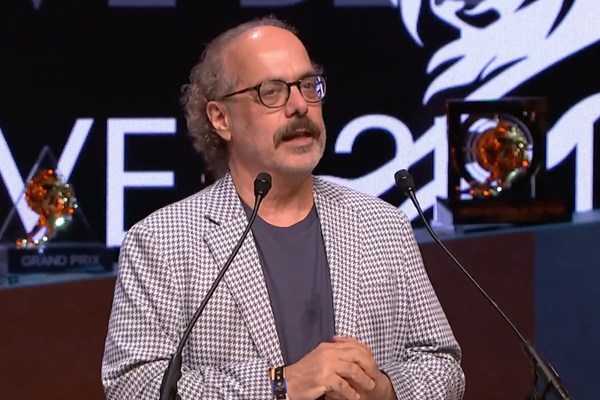Artificial intelligence (AI) may bring to mind sci-fi images of 15 earth-dominating robots, but it’s a term that’s set to shape the future of B2B marketing.
Surprising? Consider this: AI may already be selecting your next film on Netflix, your next song on Spotify or helping choose your next meal out, based on recommendations by Apple’s Siri.
Over the past decade, B2B brands and agencies have widely adopted modern marketing – a paradigm of inbound marketing programs where data analysis is king. But as this becomes ubiquitous – and we move into marketing’s post-modern phase – it’s increasingly evident that AI has the potential to become the next major step forward in the marketing stack.
So what exactly is AI? In a nutshell, it’s a type of deep learning that allows computers and machines the capability to show humanlike, intelligent behavior. A step above normal machine learning, it also allows marketers to anticipate a customer’s needs better than ever before, leaving them feeling valued as individuals, and improving engagement and brand loyalty as a result. In these regards, AI embodies Post-Modern Marketing in that this technology can actually make marketing more human.
AI is also happening much faster than expected with many B2B marketers having unknowingly embraced AI already, using marketing tech platforms with dynamic content and predictive applications to achieve more accurate insights into customer needs.
Today, B2B marketing campaigns are only as effective as the technology that powers them and the experience they deliver. AI may well be a force that moves us into the post-modern era. It seems the question is not whether B2B marketing will be affected by artificial intelligence, but how far exactly these machines can go.
Marc Keating is the Chief Innovation Officer at Stein IAS.
Discover more about Post-Modern Marketing in regular posts on the Blog Post Modern. Subscribe here.



